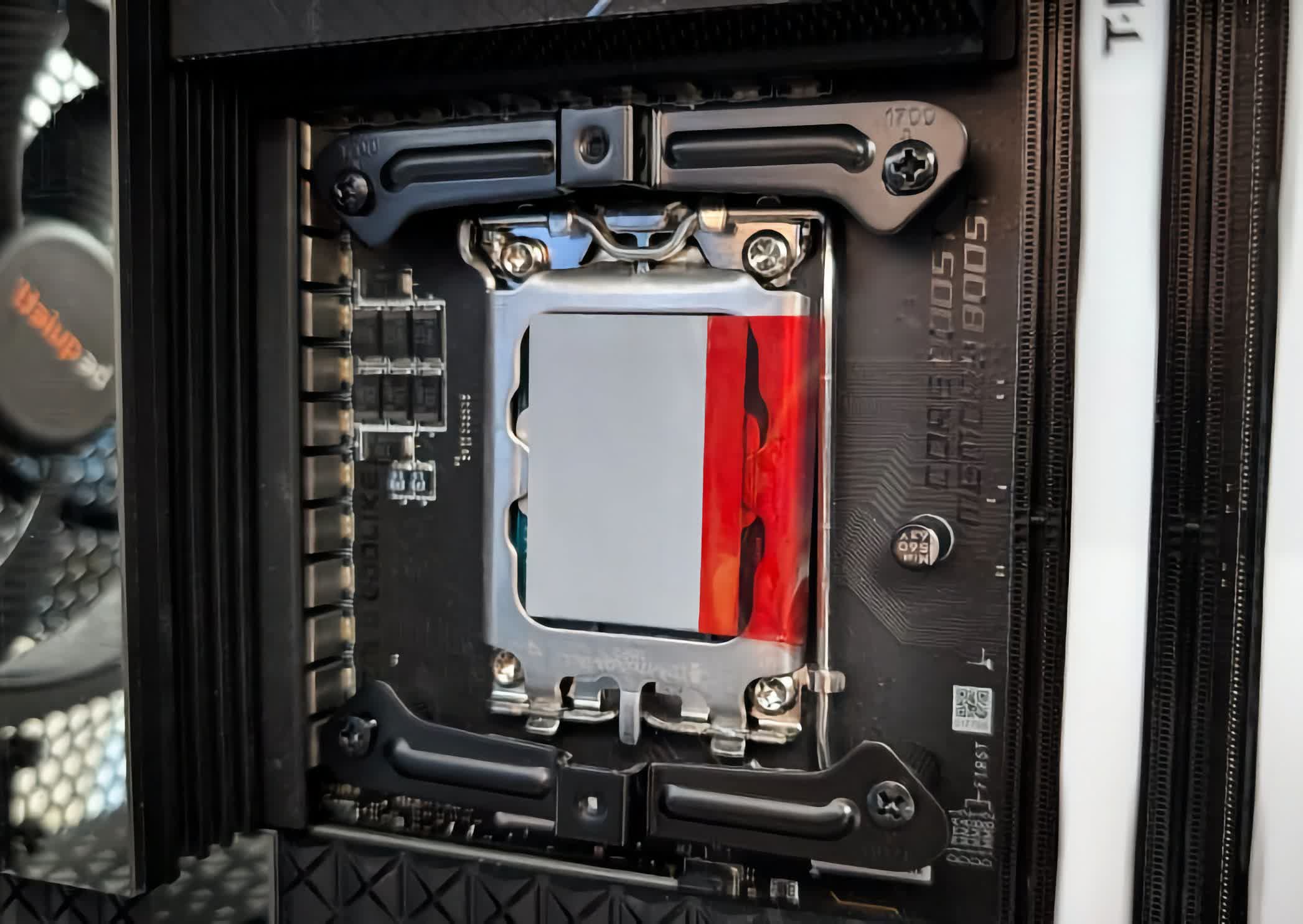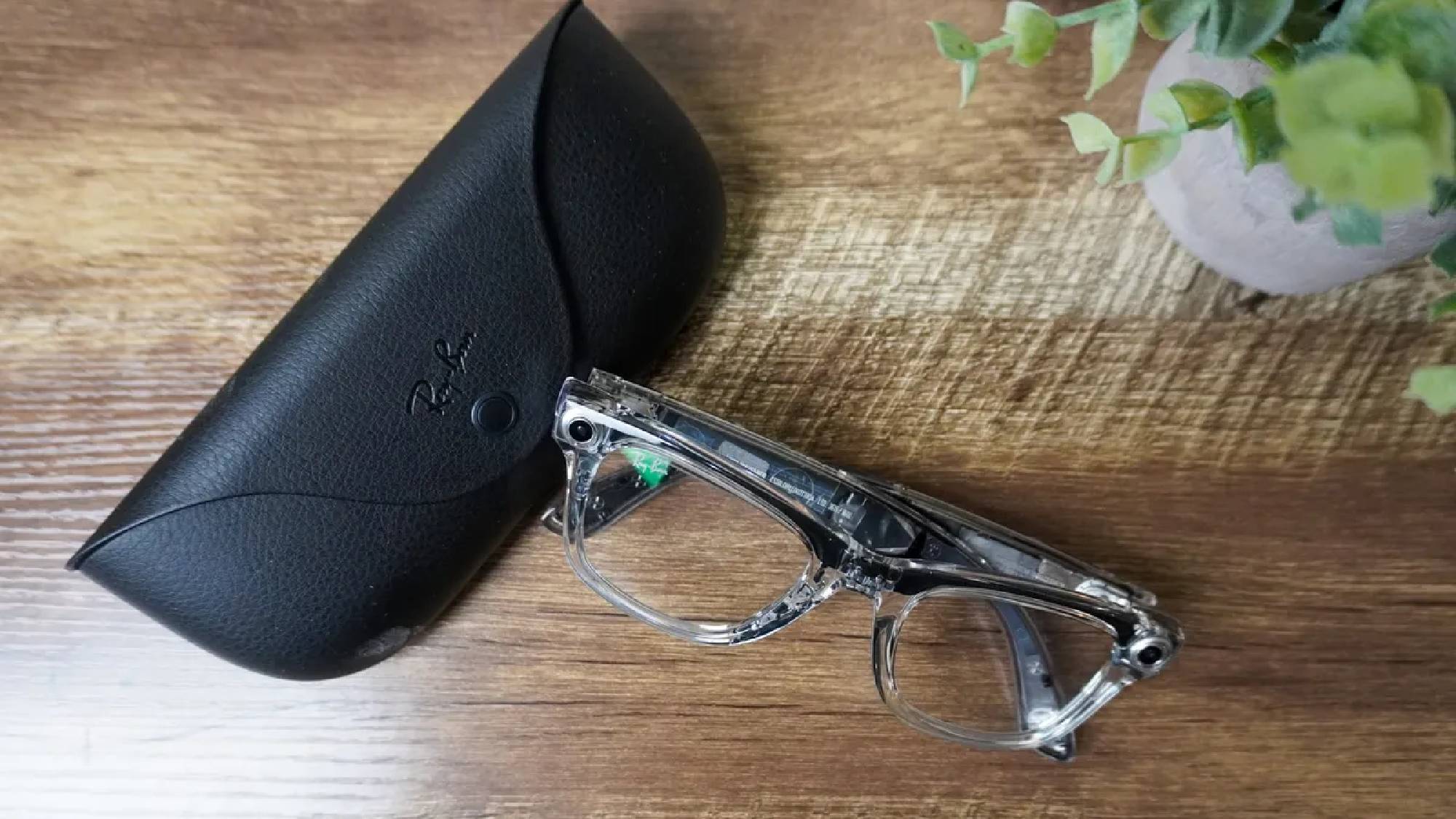
TL;DR: Thermal paste and pads both have their merits for cooling hot-running components like CPUs and GPUs. While quality thermal paste can effectively fill air gaps for optimal heat transfer when applied properly, thermal pads offer a fool-proof alternative for novice builders. But what if you could have the best of both worlds? Thermal Grizzly's latest solution, the PhaseSheet PTM thermal pad means to do just that.
The thermal pads use phase-changing tech to keep things cool without the drawbacks of traditional thermal paste. At room temperature, the PhaseSheet pad is in a solid state, making installation easy. However, when the temperature exceeds 113°F (45°C), it transitions into a low-viscosity liquid, similar to thermal paste, for optimal heat transfer.
The innovation behind this lies in its ability to prevent the dreaded "pump-out" effect that affects conventional thermal pastes. Over time, the constant expansion and contraction of metal components can cause thermal paste to be gradually expelled from between the heatsink and the CPU's integrated heat spreader (IHS) or GPU die, reducing cooling efficiency. The pump-out problem is particularly noticeable when pairing copper coolers with graphics chips, as silicon and copper components expand differently under heat.
This mismatch exacerbates the issue. Since the PhaseSheet PTM behaves differently, Thermal Grizzly suggests it's an attractive solution for revitalizing aging graphics cards or facilitating a smooth transition to water-cooling setups. In addition, the product is electrically non-conductive, making it a safer choice for components without an IHS, such as mobile CPUs and GPUs.
In its solid form, it's easy to remove and reuse if you're frequently tweaking your battlestation setup. There are a couple of downsides, though. For one, it's pricier than most thermal pastes, costing $10.
59 for a single 50x40mm PhaseSheet pad. You'll also need to apply a considerable amount of mounting pressure, in the range of 67-90 lbs, to ensure optimal thermal transfer. Once you've got the pad slapped on, it takes around ten heat cycles over 60°C for it to hit its maximum thermal conductivity sweet spot.
.














